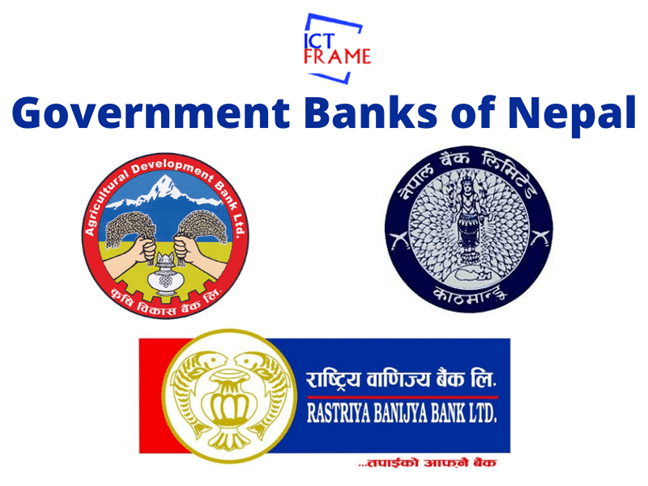Government Banks in Nepal
16th December 2020, Kathmandu
We, the Nepalese always feel that Private firms are way better than Government firms. It’s common to have this feeling because the private firms have grabbed the market in large numbers. People are loving the services provided by them due to which they prefer over government firms.
However, in the banking sector, the scene is slightly different. From the surface view, we can see that private banks have been leading the market but, government banks are no less. Government banks have been showing impressive development.
Banks in Nepal
As we all know that Nepal Rastra Bank (NRB) is the government’s central bank that regulates the national banking system. NRB has grouped the Banks and Financial Institutions (BFIs) into four major categories. They are:
- “A” Class Commercial Banks
- “B” Class Development Banks
- “C” Class Finance Companies
- “D” Class Microfinance Companies
As per the Nepal Rastra Bank report of April 2020, there are 27 “A” Class Commercial Banks, 24 Development Banks, 22 Finance Companies, and 90 Microfinance Companies all over Nepal.
Government Banks in Nepal
The list of government banks in Nepal includes Rastriya Banijya Bank (RBB), Agriculture Development Bank (ADBNL), and Nepal Bank Ltd. (NBL). These banks have been leading in various sections. these government banks lie on “A” Class Commercial Banks of Nepal.
These three government-owned banks dominate the commercial banking sector. Rastriya Banijya Bank (RBB) is 100 percent government-owned, Nepal Bank Ltd. (NBL) is 40.5 percent government-owned, and Agriculture Development Bank (ADBNL) is also largely owned by the government of Nepal.
Altogether these three banks hold nearly 16% of total banking assets and total deposits in the country. RBB has 238 branches, NBL has 178 branches, and ADBNL has 278 branches all over Nepal.
In the fiscal year of 2075/2076, RBB and ADBNL took the lead by making a profit of 5.33 Arba and 4.35 Arba respectively. This shows that government banks in Nepal are nevertheless than private banks.
Also, RBB is the only bank that has established its branches in all the 77 districts of Nepal. This provides all the people in every corner of the country to use and get benefitted from the services of the bank.
Because of the low base rates of the government banks, people prefer to take loans from the government banks. Also, they provide comparatively low-interest rates than private ones. RBB has the lowest base rate of 5.8 percent. These low base rates provided by the government banks insist the people use the facilities provided by them.
Every individual or firm is ready to line up in government banks for the loans. They have been providing the best rates due to which everyone wants to do business with them.
The government banks in Nepal have been progressing not just financially but also in the field of customer service. Rastriya Banijya Bank received the ‘Best Bank of CSR’ award from Asia Money which proves that government banks are concerned with delivering proper service to clients.







